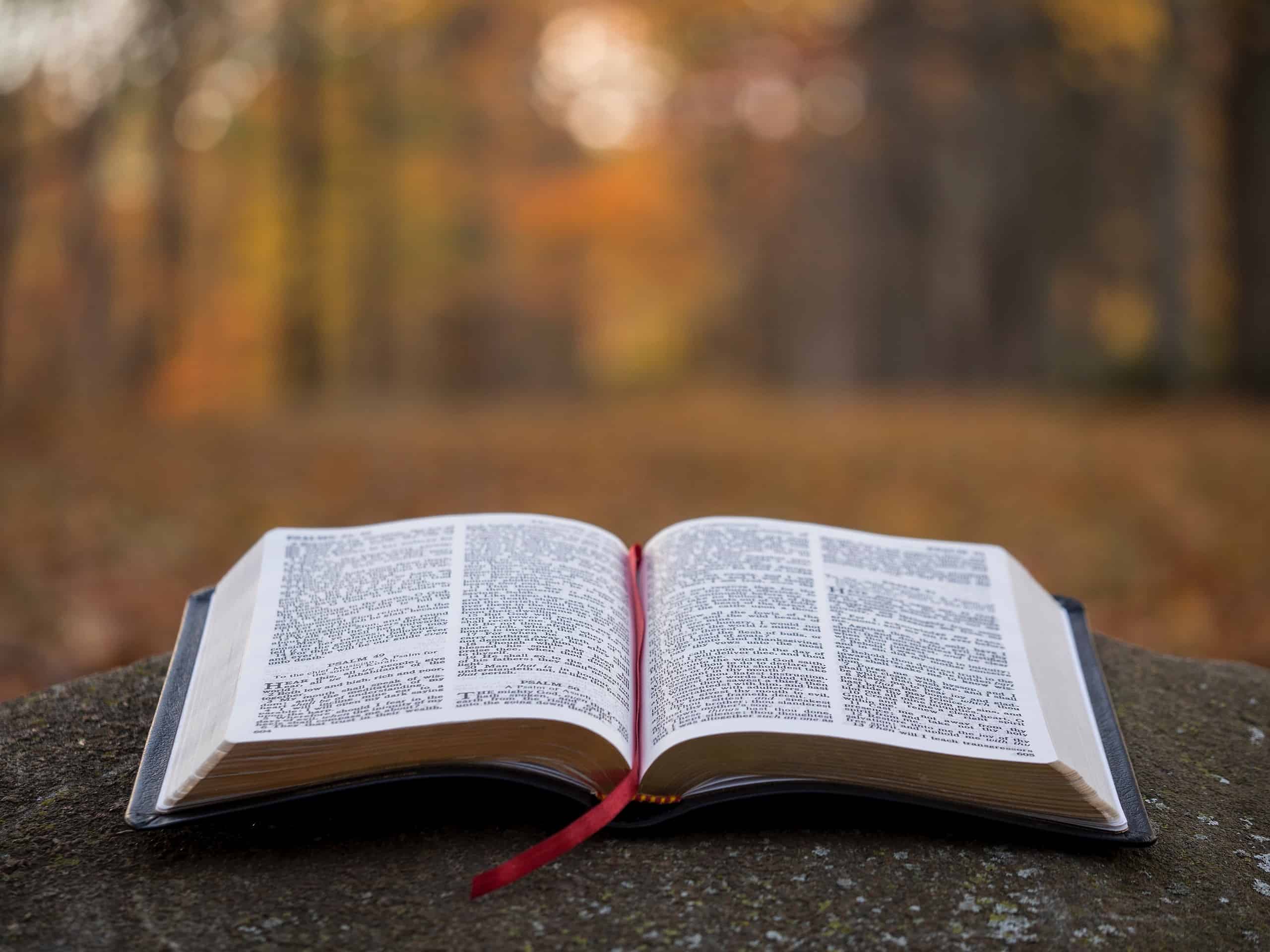To Every Generation: The Importance of Inter-Generational Worship, Part 1
“One generation shall commend Your works to another, and shall declare Your mighty acts.” – Psalm 145:4
Guest Post by Matthew Price, Part 1 of 3
The Congregation
It was the LORD who first identified his covenant people, Israel as “קָהַל,” “qahal,” or “the assembled.” Learning from covenant statements throughout the first five books of the Bible, we see the importance of communication between generations in the family and in the community (Deut. 6:4-6). This “assembled” group of elect people was to serve as the nation from which God would manifest his presence in the world. The pinnacle of this manifestation was in the coming of God in “Jesus Christ, the Son of David, the Son of Abraham” (Mt. 1:1).
As we continue into what we might call the “Church Age,” we see this theme continued. In the Septuagint (the Greek translation of the Hebrew Bible), the Greek word, “ἐκκλησία,” “ecclesia,” was given as the Greek rendering of the Hebrew “קָהַל,” or “assembly.” Does that word sound familiar? It should, as “ἐκκλησία” is also the Greek word that most English versions have translated as, “the church.” It means the same thing, an “assembly,” a “gathering,” or a “congregation” of people. We therefore see a continuation of the one people of God in the Old Testament, the Hebrews, fulfilled in the one people of God in the New Testament, the Church (Eph. 2:18-22). But what does this have to do with our worship?
Sacred Stones
In Joshua 4, we find a very peculiar story. After wandering in the wilderness for forty years, the people of Israel are on the brink of the Promised Land. They have come to the Jordan, which God miraculously dried up before them so that they, along with the Ark of the Covenant, could pass over on dry ground. This is it! They were nearing the entry point into the land that God had promised to them and God had miraculously made a way for them… again. But there is something interesting that takes place after they cross the Jordan. The LORD tells Joshua to get twelve men, one from each tribe, to gather one stone each from the dried up bed of the Jordan and to lay them where they were to lodge that night (vv. 1-3). What was God’s purpose behind this peculiar request? The LORD tells Joshua that the purpose of these stone is to be a memorial, a place of remembrance, a sign of the LORD’s faithfulness to all generations. The LORD says, “When your children ask… ‘What do those stones mean to you?’ then you shall tell them that the waters of the Jordan were cut off before the ark of the covenant of the Lord. When it passed over the Jordan, the waters of the Jordan were cut off. So these stones shall be to the people of Israel a memorial forever” (vv. 6-7).
In this moment of victory, the LORD intentionally creates a point of reference, a memorial to his faithfulness for the express purpose of teaching future generations to know and love him. The LORD is expressly interested in his glory and praise being proclaimed from one generation to another. This is a theme we find again and again throughout the Scriptures of the Old Testament.
Related:





Leave a Reply
You must be logged in to post a comment.